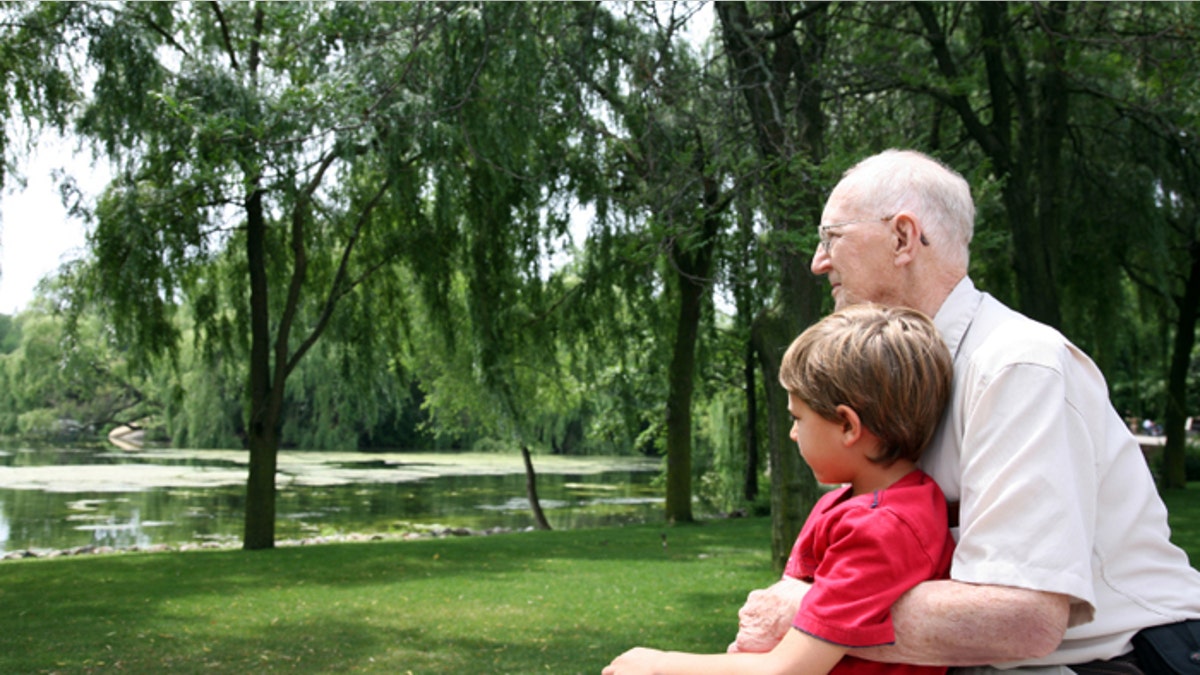
Men who have children when they are older are more likely to have grandchildren with autism, according to a study which shows for the first time that risk factors for autism may build up over generations.
Men who had a daughter when they were 50 or older were 1.79 times more likely to have a grandchild with autism than men between 20 and 24, and with sons the likelihood was 1.67 times.
Avi Reichenberg of the Institute of Psychiatry at King's College London, who co-led the study, said the work showed for the first time "that your father's and grandfather's lifestyle choices can affect you.
"This doesn't mean that you shouldn't have children if your father was old when he had you, because whilst the risk is increased, it is still small," he said.
Autism disorders, caused by a combination of genetic and environmental factors, can range from severe mental retardation with a profound inability to communicate, to relatively mild symptoms combined with some high levels of function such as those seen in people with Asperger's syndrome.
Among core features of the disorders are poor communication skills and difficulties with social engagement. In the United States, an estimated 1 in 88 children have autism, while in Europe the rate is thought to be about in 100.
Research published in August last year showing that a father's age when a baby is conceived is the single largest factor in the risk of passing on new gene mutations may help explain why childhood autism rates are rising.
The study published on Wednesday in the Journal of the American Medical Association's JAMA Psychiatry, used Swedish national registers and analyzed data from 5,936 people with autism and 30,923 healthy controls born in Sweden since 1932.
The researchers from Britain, Sweden and Australia factored in each person's maternal and paternal grandfathers' age of reproduction and details of any psychiatric diagnosis.
"We know from previous studies that older paternal age is a risk factor for autism," said Emma Frans from the Karolinska Institute in Sweden, who co-led the research with Reichenberg.
"This study goes beyond that and suggests that older grand-paternal age is also a risk factor for autism, suggesting that risk factors for autism can build up through generations."
The researchers said that while the mechanism behind the link to older fathers and grandfathers is not clear, it may be explained by mutations occurring in sperm cells over time.
Each time sperm cells divide new mutations can be introduced into a person's genome.
While most genetic mutations do not result in a child developing autism, the researchers said their findings suggest some 'silent' mutations pass on through healthy children and may influence the risk of future generations developing autism.
They also said genetic risk could accumulate over generations, or could interact with other risk factors, until it reaches a particular threshold and prompts autism in a child.
